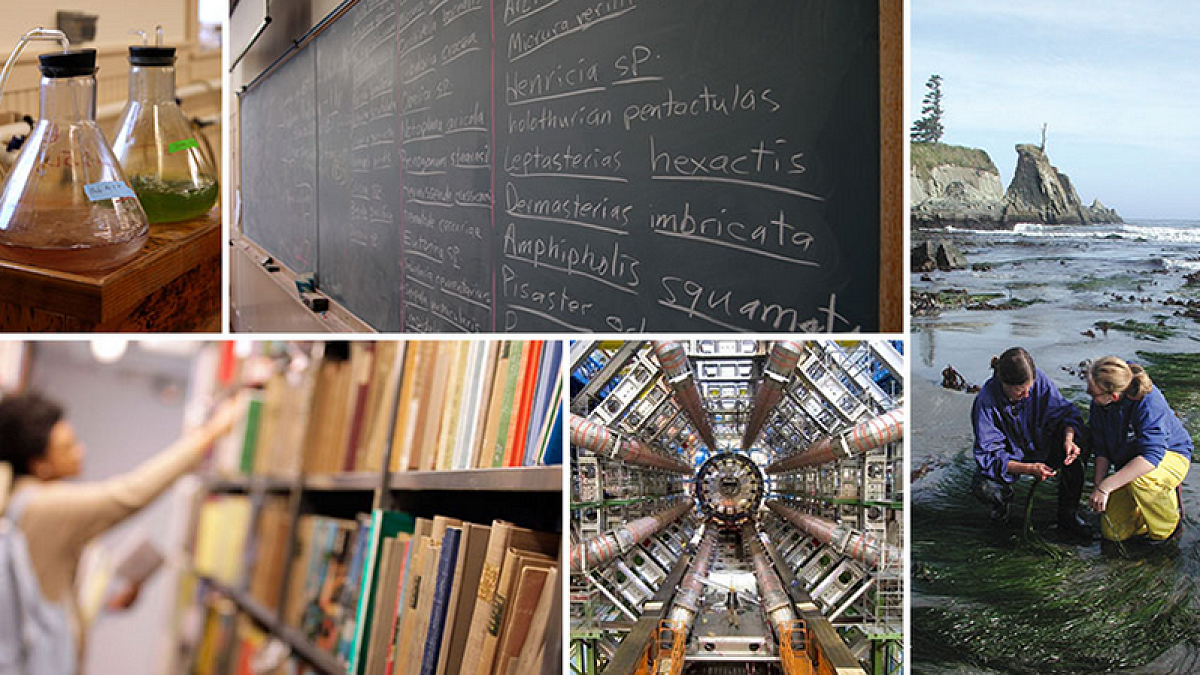Dedicated UO researchers whose work ranges from studies of cultural heritage in Colombia and Brazil to new exercises to promote childhood activity to a look at Roman architecture of “in-between” spaces have received Faculty Research Awards for 2017.
The awards are distributed annually by the Office of the Vice President for Research and Innovation. Designed to stimulate promising research and scholarly activity, the awards support scholarship, creative projects and quantitative or qualitative research from all disciplinary backgrounds.
Faculty members receive up to $5,500 for research expenses during the coming fiscal year, including travel, equipment, supplies, contractual services, shared facility use, graduate or undergraduate student effort, or stipends during the summer months.
Award applications were open to all faculty with a rank of assistant professor or above, as well as full time, nontenure-track faculty engaged in substantial research. The University Senate recommended the recipients after a review based on intellectual merit, and the final award decisions were made by the vice president of research and innovation.
Congratulations to the 2017 Faculty Research Award recipients:
- Carla Bengtson, associate professor, Department of Art, “Mutuum(s).”
- Elizabeth Budd, assistant professor, Department of Counseling Psychology and Human Services, “New Moves for Inactive Girls in Lane County.”
- Christopher Chavez, assistant professor, School of Journalism and Communication, “Branding the revolution: Havana Club, Cuban Authenticity and Public Diplomacy.”
- Krista Chronister, associate professor, Department of Counseling Psychology and Human Services, “ACCESS in Prisons: Vocational Preparation for Female Offenders.”
- Lauren Marie Cycyk, assistant professor, Department of Special Education, “Perspectives of Hispanic Caregivers on Early Language Intervention Strategies.”
- Maria Fernanda Escallón, assistant professor, Department of Anthropology, “Excluded: Cultural Heritage, Afro-Descendants, and the Politics of Diversity in Colombia and Brazil.”
- Mark Fonstad, associate professor, Department of Geography, “An Entire River Test of Next-Generation ‘Riverscape’ Mapping Methods.”
- Daniel HoSang, associate professor, Departments of Ethnic Studies and Political Science, “Social Inequality and Anti-Statism in the Rural West.”
- Nichole Kelly, assistant professor, Department of Counseling Psychology and Human Services, “Investigation of the Efficacy of an Acute Physical Exercise Intervention to Improve Energy Intake among School-Age Children in Rural Communities.”
- Fabienne Moore, associate professor, Department of Romance Languages, “Gustave Doré’s “Histoire de la Sainte Russie” (1854): The Invention of Graphic Rhetoric or the Artist At War.”
- Nicolae Morar, assistant professor, Departments of Philosophy and Environmental Studies, “A Critical Edition of Gilles Deleuze’s Seminar on Michel Foucault.”
- Drew Nobile, assistant professor, School of Music and Dance, “Form as Harmony in Classic Rock Music.”
- Kory Russel, assistant professor, Departments of Landscape Architecture and Environmental Studies, “A Comparison of Methane Emissions from Sanitation Services in Dense Urban Slums.”
- Kristen Seaman, assistant professor, Department of History of Art and Architecture, “Social Identifies in the Library of Pantainos Sculptural Workshop in the Athenian Agora.”
- Lina Shanley, research associate, Center on Teaching and Learning, “Making Middle School Mathematicians: Measuring, Monitoring, and Intervening to Improve Math Self-Concept.”
- Xiaobo Su, associate professor, Department of Geography, “In the Shadow of the Cold War: Illicit Drugs and the Entanglement of US, China, and Myanmar since 1949”
- James Tice, professor, Department of Architecture, “The Micro-Urbanism of Rome: The Architecture of the In-between.”
- Steve Vacchi, professor, School of Music and Dance, “First Complete Recording: Alec Wilder’ Octets for Winds and Rhythm Section.”
- David Wacks, professor, Department of Romance Languages, “Spanish Crusader Fiction.”
- Peter Walker, professor, Department of Geography, “Sagebrush Collaboration: How Harney County, Oregon Chose Cooperation Over Conflict.”


